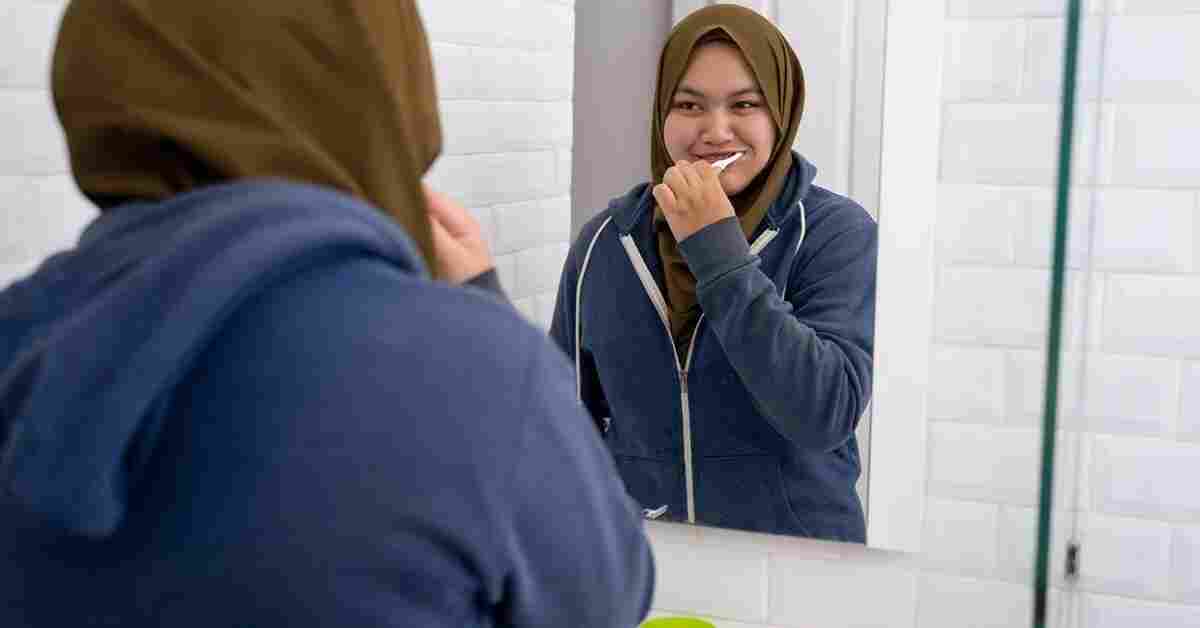Fasting in the holy month of Ramadan has begun today, March 11, 2024. For many Muslims around the world, this means refraining from eating and drinking from sunrise to sunset.

While observing this spiritual practice, it’s important to also take care of your oral hygiene to ensure healthy teeth and gums throughout the month.
Brushing After Iftar and Suhoor
During Ramadan, Muslims have two main meals – Iftar (the evening meal to break the fast) and Suhoor (the pre-dawn meal before fasting begins).
It’s essential to brush your teeth after both of these meals. Brushing after Iftar helps remove food particles and sugars that can lead to cavities.
Brushing after Suhoor removes bacteria that accumulate overnight.
Use Miswak Or Toothbrush
Traditionally, many Muslims use a miswak, a teeth-cleaning twig, during Ramadan. If you prefer a toothbrush, that works too! Just make sure to use fluoride toothpaste to protect your teeth.
Flossing
Flossing is crucial for removing food debris stuck between teeth. This is especially important during Ramadan when meals are consumed at different times.
Flossing helps prevent cavities and keeps your gums healthy.
Stay Hydrated During Non-Fasting Hours
While fasting, your mouth can become dry due to lack of water. Make sure to drink plenty of water during non-fasting hours to keep your mouth moist.
This helps prevent bad breath and reduces the risk of cavities.
Avoid Sugary Foods and Drinks
During Iftar and Suhoor, try to limit sugary foods and drinks. These can contribute to tooth decay. Opt for healthier options like fruits, vegetables, and water instead.
Here’s another great read for you: Things to Know About Sahur During Ramadan

